Photo by: Michael Goderre, Boston Childrens Hospital
Bringing climate solutions to the bedside.
When Hurricane Maria made landfall on Puerto Rico it devastated the island but also caused national shortages of intravenous saline, a backbone of basic medical care when the supply chain was put out of commission.
Hurricanes, wildfires, extreme heat, and other consequences of burning fossil fuels and climate change don’t just threaten our health, they threaten the ability of medical providers to deliver care to all those who need it.
It’s essential that health care providers understand how climate change could impact their clinical practice, be empowered to safeguard their patients’ health, and use their voices to engage the health care community and public to act on climate change.
Harvard Chan C-CHANGE runs Climate MD, a program focused on:
- Working with community health clinics
- Demonstrating climate impacts to health care delivery in medical journals
- Preparing medical leaders on climate and health
- Changing the national media narrative on climate change
- Communicating directly with patients
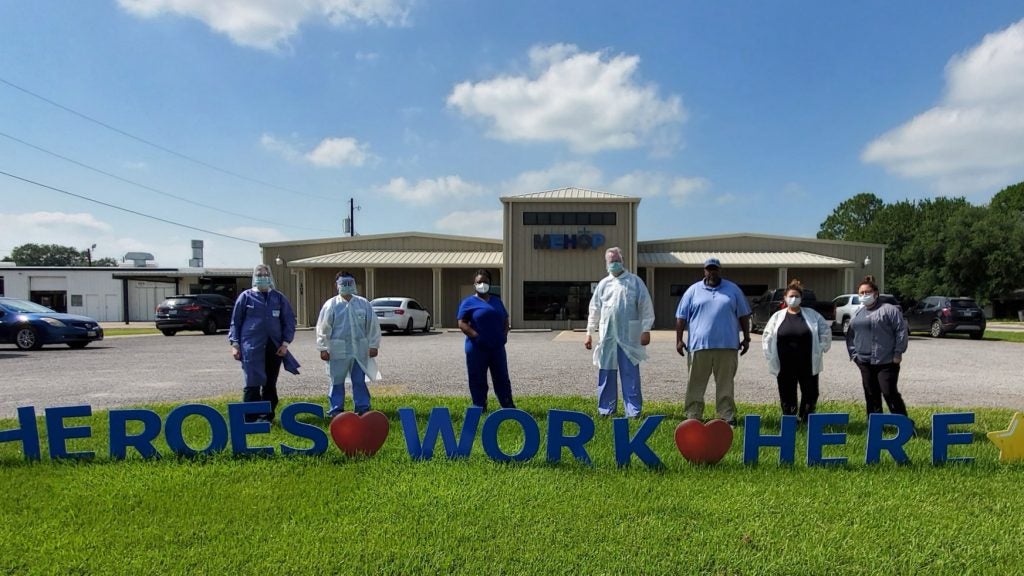
Working with frontline health clinics
We are working with frontline health clinics to protect patients’ health from climate shocks like heatwaves, hurricanes, flooding, and wildfires. Our programs work with clinic providers, staff, and patients to prevent harm from the climate crisis and improve health equity.
Learn about patient-centered climate resilience and our work with frontline health clinics.
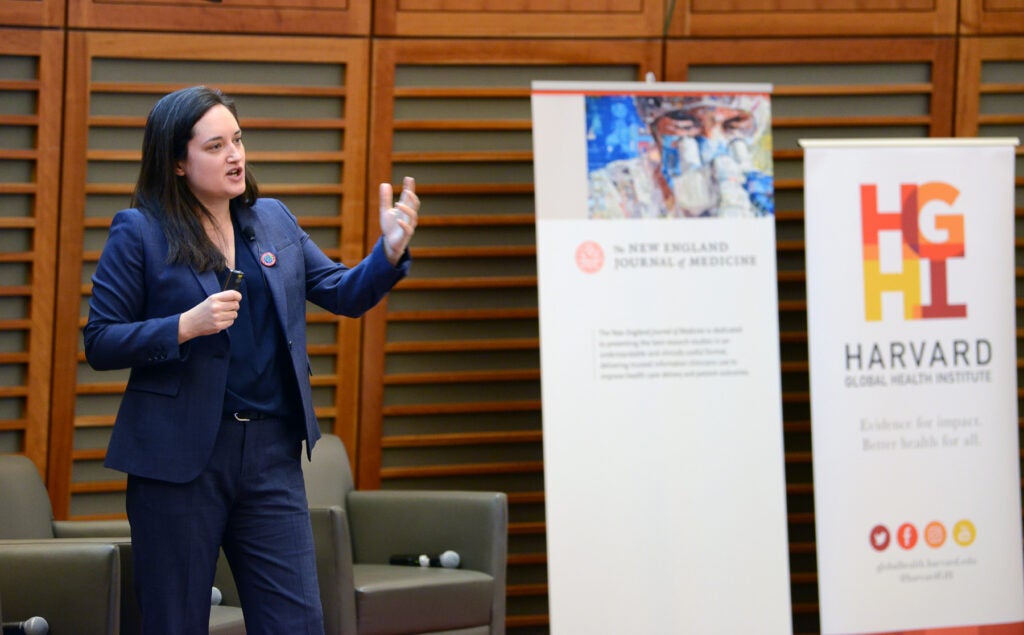
Demonstrating climate impacts to healthcare delivery in medical journals
We reach health care professionals by publishing and amplifying research on patient-centered climate action, leading the yearly analysis tracking the impact of climate change on human health in the U.S. Policy Brief for the Lancet Countdown, and demonstrating the connections between climate change and pediatrics, climate-informed primary care, psychology, emergency medicine, surgery, internal medicine, cancer, pulmonology, infectious diseases, and more.
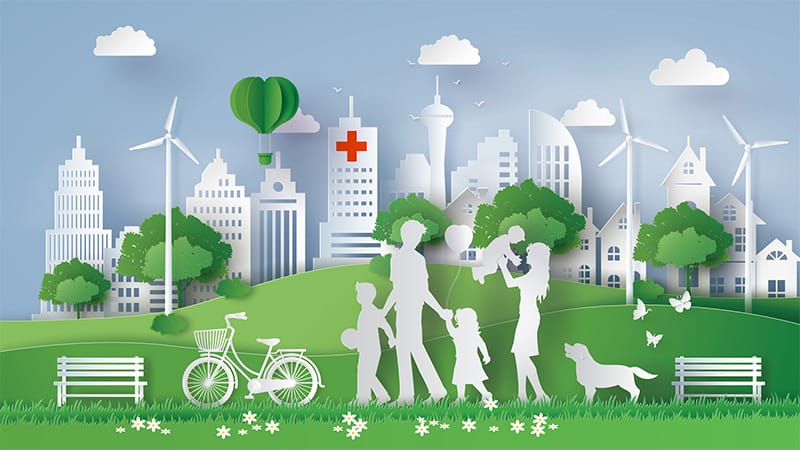
Preparing medical leaders on climate and health
Our team co-hosts the Health Effects of Climate Change, a massive open online course that has been taken by more than 100,000 students in over 100 countries, Harvard University’s Climate Change and Health Fellows for emergency medicine physicians, and the Climate Health Organizing Fellows program for U.S. health professionals.
We work with medical schools to integrate climate change into curricula using clinical cases and targeted curriculum, outlining the first residency curricula to better prepare doctors for climate change and identifying climate and health initiatives at educational institutions.
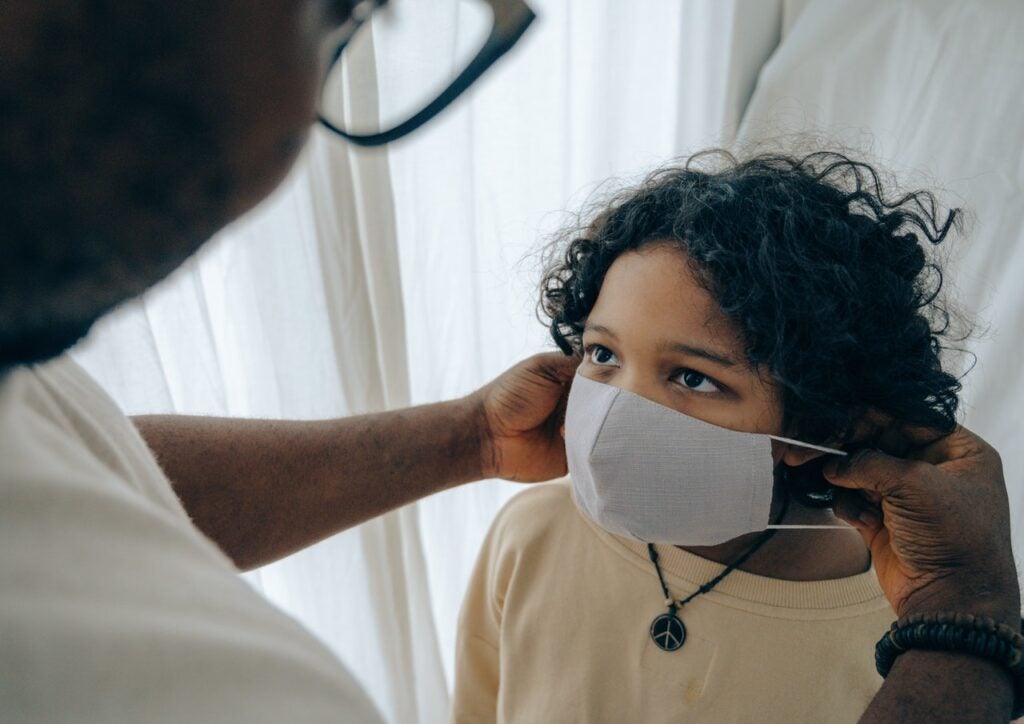
Changing the national media narrative on climate change
We serve as the media’s go-to source for climate change and health information, regularly interviewing with top-tier national and health media and hosting workshops and media trainings for organizations on how to effectively communicate about climate and health issues.

Communicating directly with patients
We regularly publish information about how people can stay healthy in a changing climate through serving on the boards of Parents Magazine and Pattrn from The Weather Channel, our collaborations with the Harvard Health Letter, one of the most trusted and widely-read sources of health information in the world, our fact sheets on kids and climate, and our monthly Climate Optimist newsletter.

Toward a Climate-Ready Health Care System: Institutional Motivators and Workforce Engagement
Dr. Caleb Dresser argues that health care systems must reframe incentives and engage their workforce to become climate-resilient.

Study: Teaching community organizing principles to health professionals significantly increases their capacity to take climate action

Federal investments in climate change and health research are inadequate says Harvard analysis
Critical knowledge gaps hinder an evidence-based response and are perpetuated by scarce federal research funds.

Hundreds of Hospitals on Atlantic and Gulf Coasts at Risk of Flooding from Hurricanes
Our study is the first to systematically investigate flooding risk to nearly 700 U.S. hospitals on the Atlantic and Gulf Coasts from Category 1-4 storms.

Communicating Statistics on the Health Effects of Climate Change
Health professionals need to communicate the health and equity implications of climate change effectively to protect health and motivate action.

A Pediatrician’s Guide to Climate Change-Informed Primary Care
A practical approach for connecting climate change with health during pediatric well visits.

The medical response to climate change
Our Director Dr. Aaron Bernstein lays out five pillars for the medical response to climate change.

Adding A Climate Lens To Health Policy In The United States
Our Yerby Fellow Dr. Renee Salas and Interim Director Dr. Aaron Bernstein outline specific recommendations for achieving climate action through health policy and decision making.

'We Don't Have To Live This Way': Doctors Call For Climate Action
A sprawling analysis published by The Lancet focuses on public health data from 2019, and finds that heat waves, air pollution and extreme weather increasingly damage human health.

Challenges and opportunities to sustainably scale up surgical, obstetric, and anaesthesia care globally
Strategies for the surgical, obstetric, and anaesthesia community to sustainably scale up SOA care to reduce greenhouse gas emissions and address health equity and social justice issues.

A new toolkit makes health tips for heat waves more accessible
Our new toolkit for patients, providers and clinics provides guidance to prepare for or respond to weeks of prolonged heat.
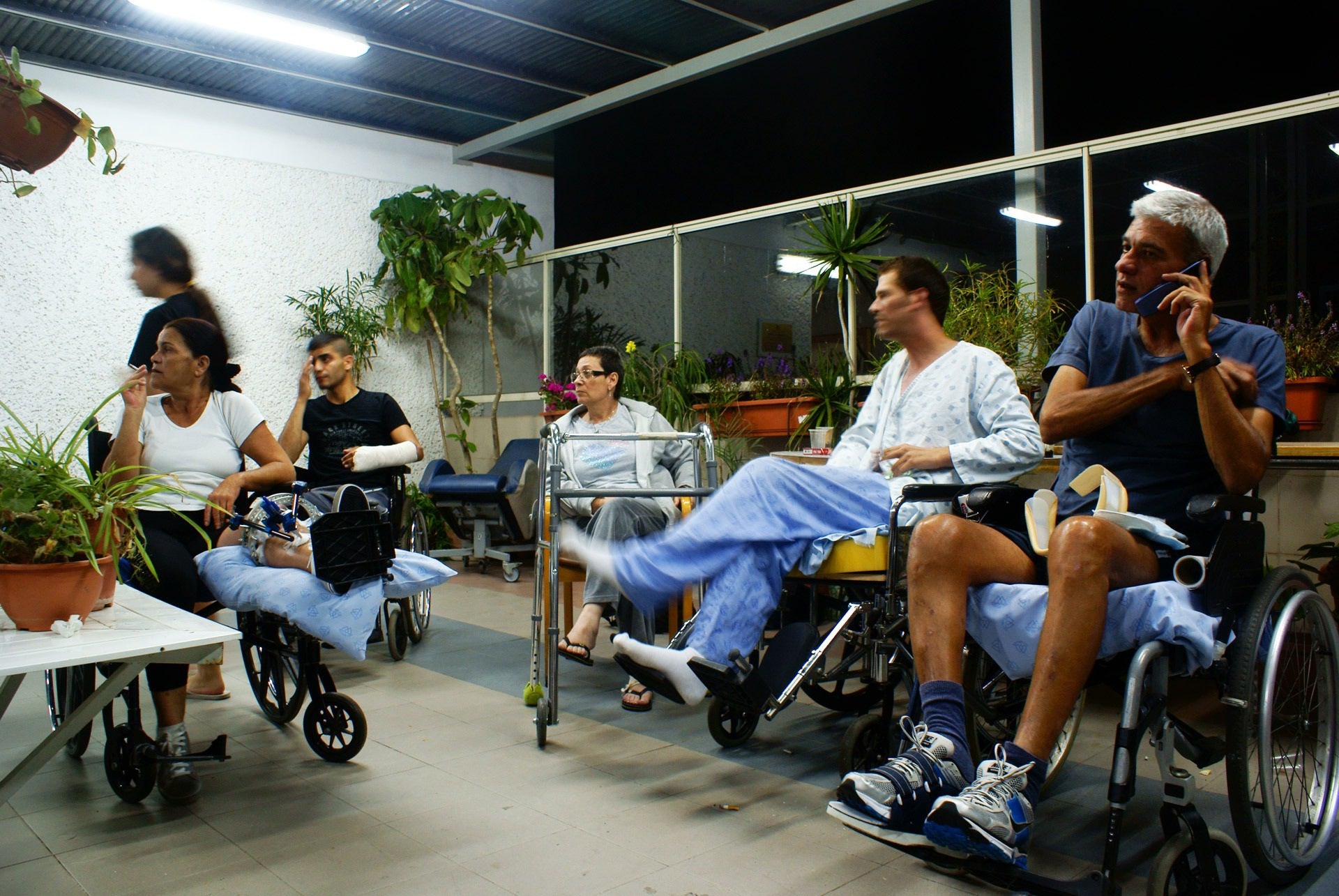
Patient-Centered Climate Action and Health Equity
The health care industry can make equitable patient-centered climate action a reality across the nation. Here's how.

Fossil-Fuel Pollution and Climate Change - A New NEJM Group Series
A monthly series in NEJM will call attention to rising global greenhouse gas emissions that harm our health.

Extreme heat health interventions top of mind for pediatric physician
Precision medicine can be advanced by patient-centered climate resiliency strategies, says our Director Dr. Aaron Bernstein.
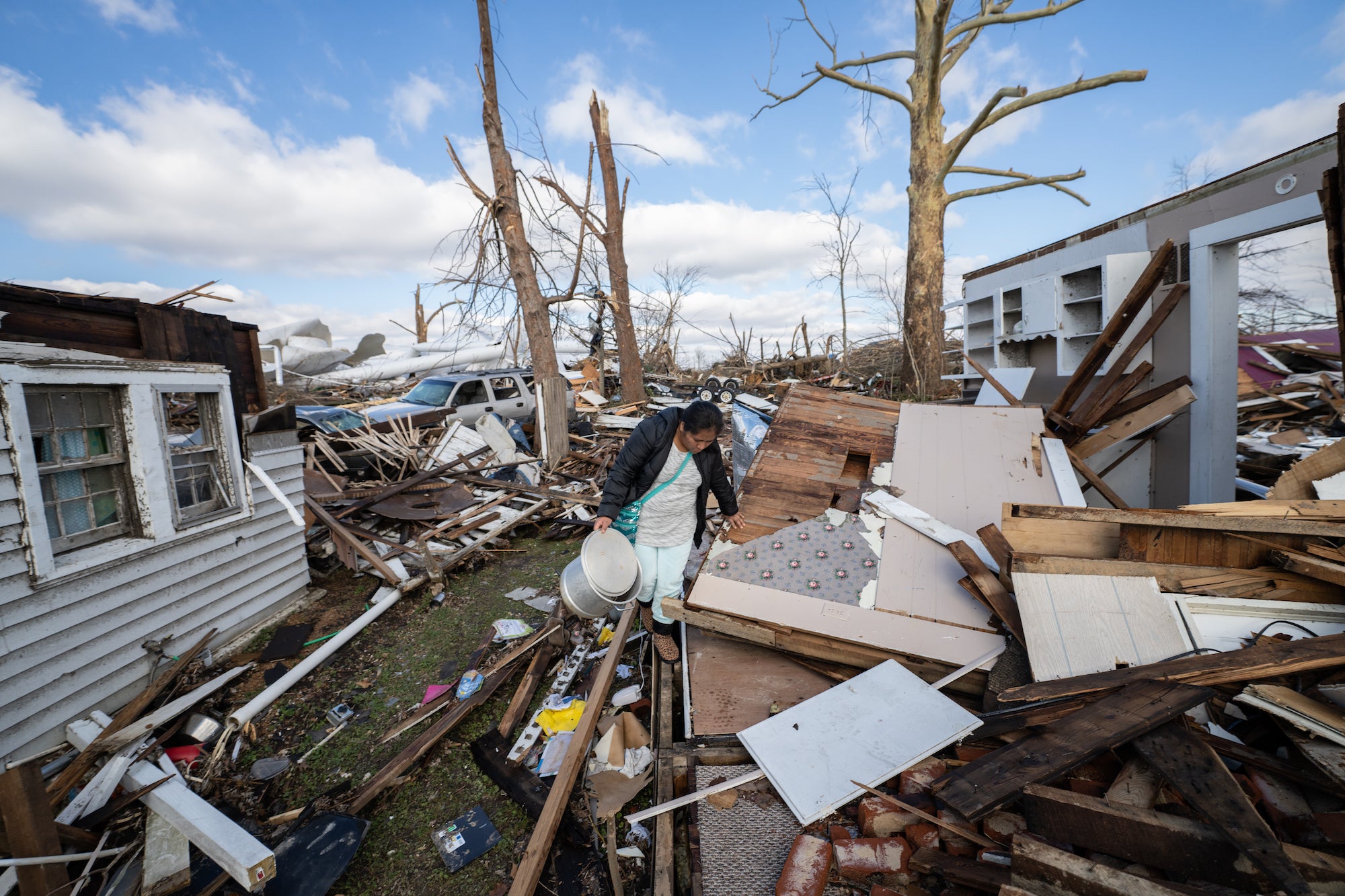
Climate action is critical for health equity. Community health clinics are key - and need more support.
We are working with Americares and Johnson & Johnson to develop climate health equity programs at community health clinics across the nation.
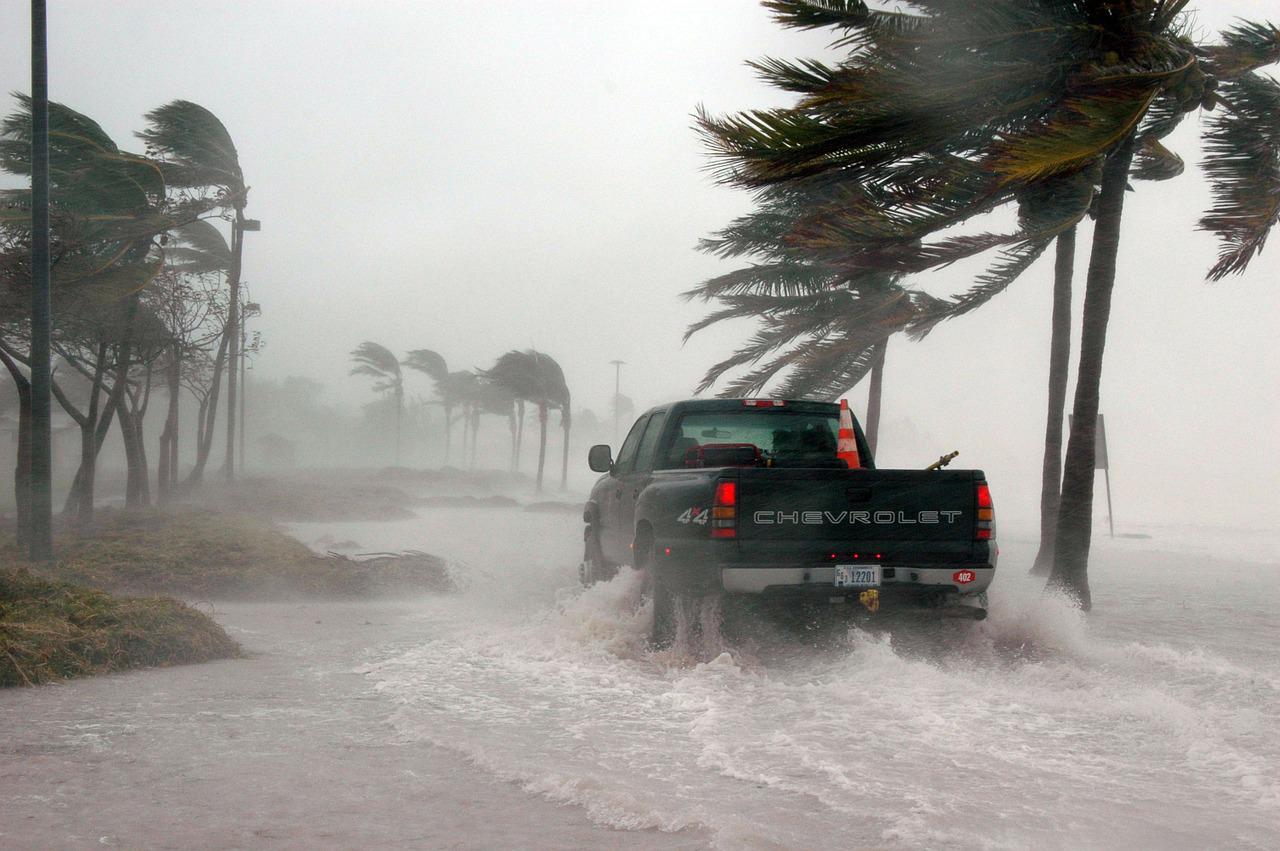
Hurricanes and Health
Policymakers face three interlinked challenges in protecting human health from hurricanes: increasing risks, increasing exposure, and unequal impacts.
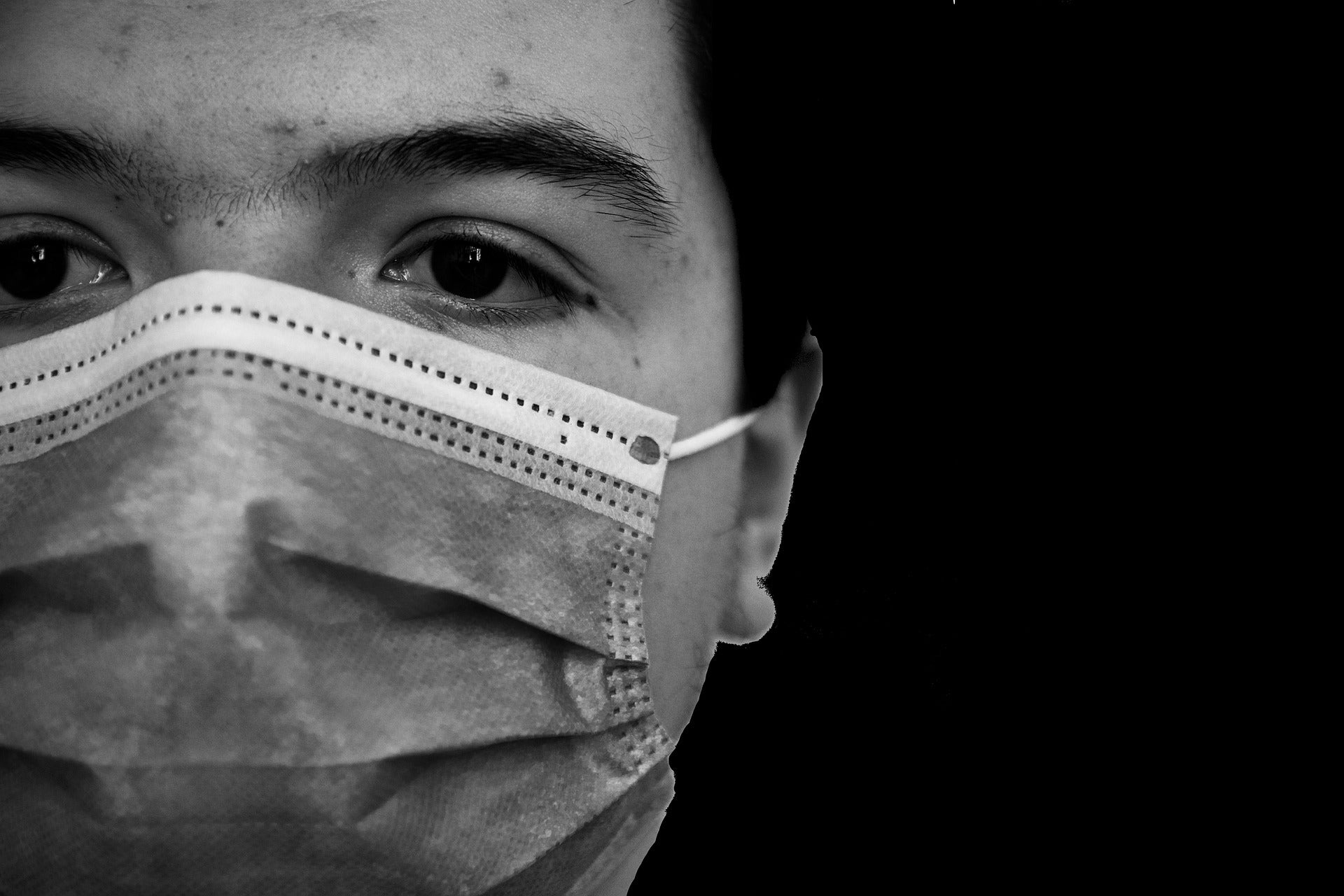
Pandemic lessons can help in fight against climate change
Climate change causes new health problems, worsens existing health problems, and affects healthcare delivery. But it is not an equal opportunity harmer.
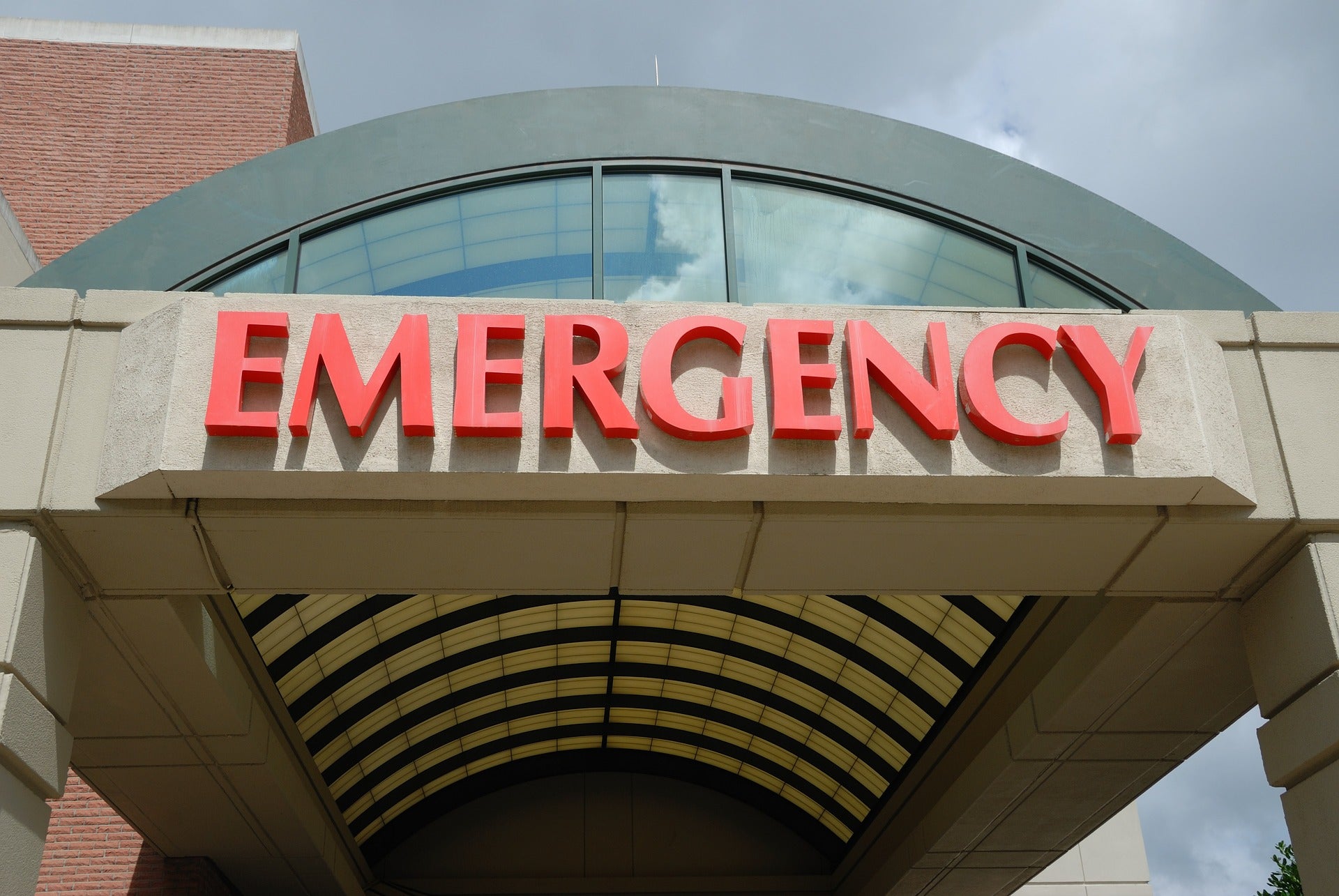
New climate report sparks demand for change in healthcare
Healthcare organizations, medical societies, and individual healthcare practitioners call for decarbonization and disaster preparedness to protect our health from climate change.
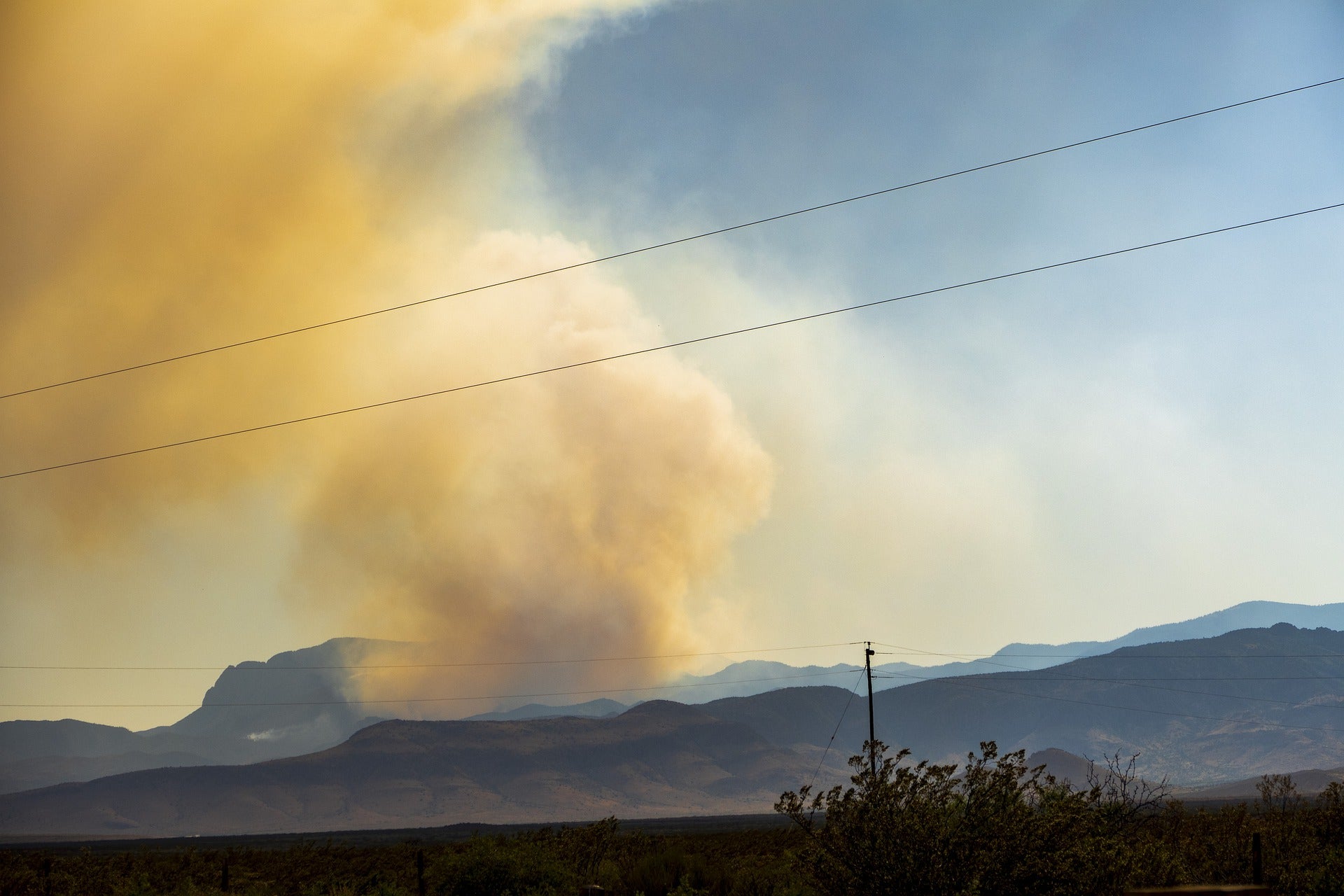
In these hazy skies, a public health warning from a warming planet
Smoke from wildfires in western states decreased the air quality in Boston to levels where the public could become sick and those in sensitive groups could suffer serious health effects.
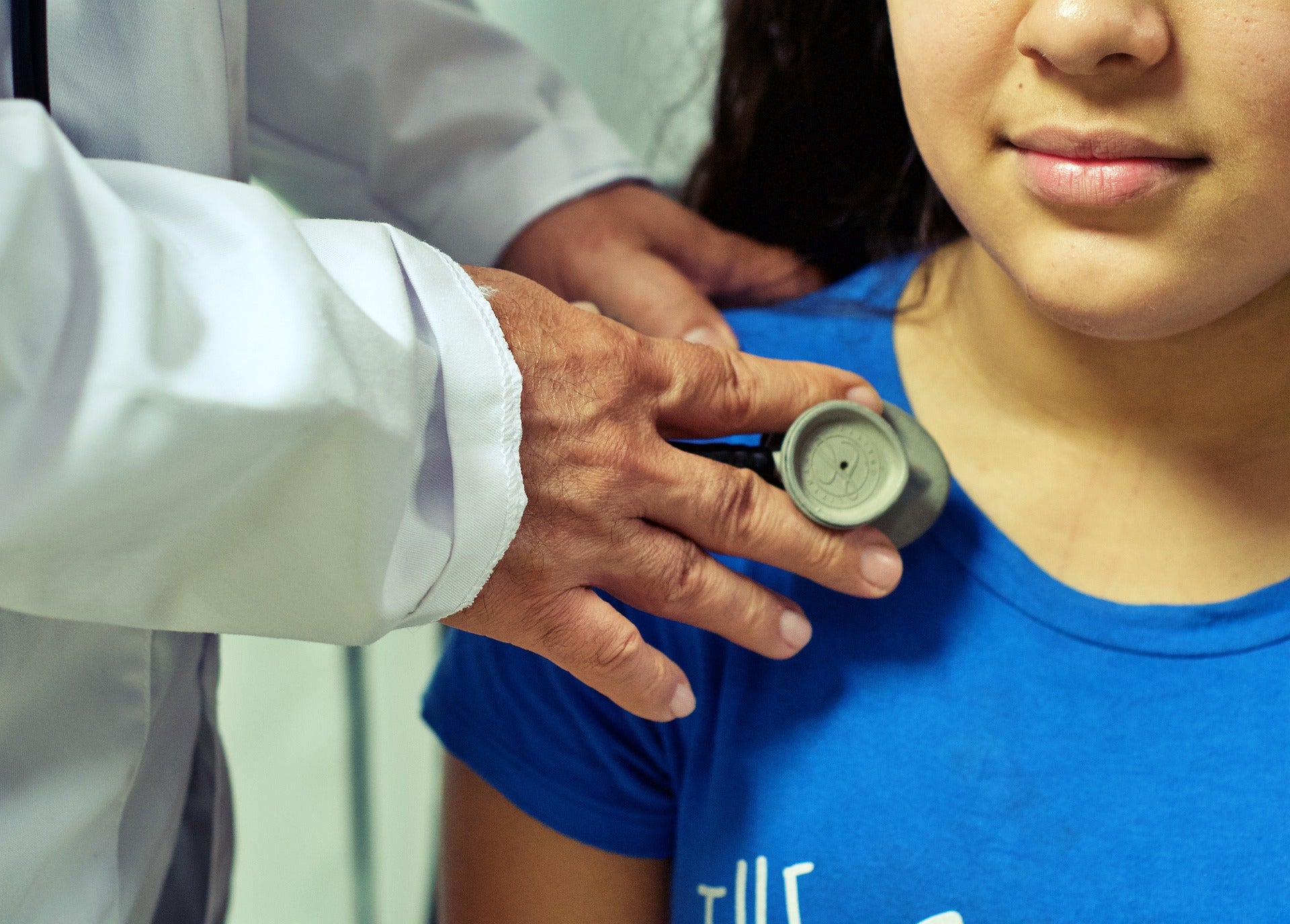
What can doctors do about climate change?
Clinicians can screen for climate change–related health risks during appointments to ensure their patients understand the role climate change plays in their health.

Renee N. Salas MD, MPH, MS
Renee's work focuses on the intersection of the climate crisis, health, and healthcare delivery.
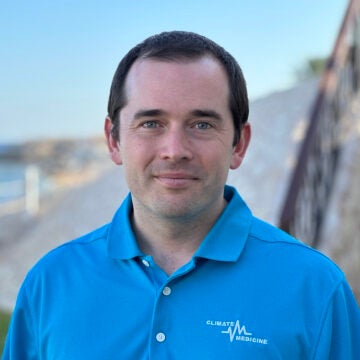
Caleb Dresser MD, MPH
Caleb is an emergency medicine physician whose research focuses on addressing health needs during and after climate-related disasters.
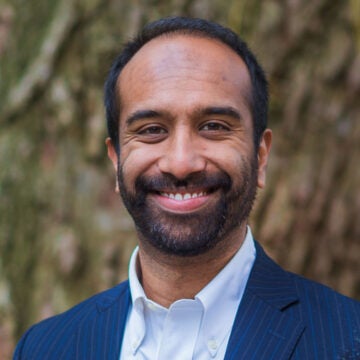
Gaurab Basu MD, MPH
Gaurab's work focuses on the intersection of climate change, health equity, medical education, and advocacy.
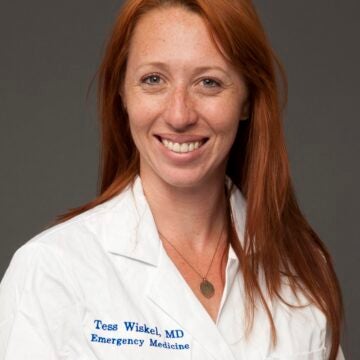
Tess Wiskel MD
Tess' research focuses on the health impacts of climate change, centering on extreme weather events in at-risk patient populations.
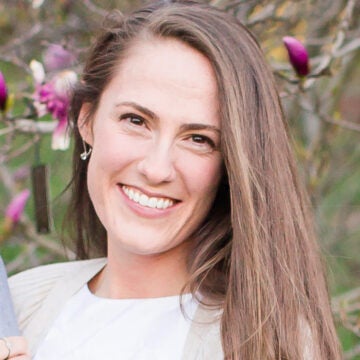
Chelsea Heberlein
Chelsea works with frontline health clinics, researchers, and collaborating organizations to put patients at the center of climate resilience.

Anna Miller MPH
Anna translates science into action by promoting awareness of the health impacts of climate change.

Sweta Waghela
Sweta works with frontline health clinics to prevent foreseeable harms from the climate crisis.
